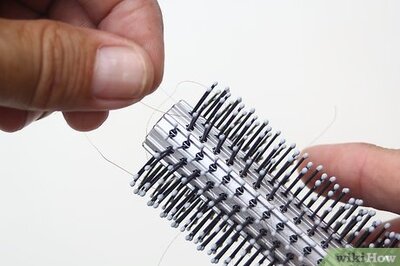
views
It may be time to ditch your colourful cloth masks that match every outfit to a T as experts point to lacking safety standards for reusable face masks in the wake of the Omicron threat.
“They can be really good or really terrible,” depending on what fabric is used, said Trish Greenhalgh, professor of primary health care services at the University of Oxford, quoted by Bloomberg. Double or triple-layer masks made of a mix of materials can be more effective, but most cloth coverings are just “fashion accessories”.
As Omicron cases surge across the world, mask mandates are back. Earlier this month, Britain reintroduced compulsory mask wearing on public transport, shops and in some indoor venues, having previously relaxed the rules in the summer. Several others followed suit.
The main issue with cloth masks, according to Greenhalgh, is that they don’t have to meet any kind of health standard. In contrast, those manufacturing N95 respirator masks, for example, have to make sure they filter out 95% of particles, Bloomberg said.
“The issue here is if you have a single-layer, the ability to filtrate is absolutely minimal and doesn’t make a difference whatsoever,” said Peter Juni, head of Ontario’s Science Advisory Table in an interview with CTV news last week.
CNN’s medical analyst Dr Leana Wen has said that cloth masks are useless in the fight against the spread of the Omicron variant of Covid-19, instead encouraging viewers to wear three-layer medical masks.
“I would say that if you choose to go [for events], make sure that you’re vaccinated and boosted, make sure that you’re wearing a mask, even though it’s outdoors, if there are lots of people packed around you, wear a three-ply surgical mask,” Dr Wen said. “Don’t wear a cloth mask.”
“Cloth masks are little more than facial decorations. There’s no place for them in light of Omicron. And so wear a high-quality mask, at least a three-ply surgical mask,” she added.
An infectious disease fellow at Stanford University, Ashley Styczynski, told Bloomberg in October that “there are very few real-world studies examining the impact of cloth face coverings”.
“Various laboratories have measured the filtration efficiency of different cloth materials used in masks. Cloth materials typically block 10-30 per cent of aerosol-sized particles that contribute to [the] airborne spread of SARS-CoV-2,” she added.
Lab studies have shown that surgical masks, such as N95’s, block around 95 per cent of aerosol-sized particles.
Read all the Latest News here



















Comments
0 comment